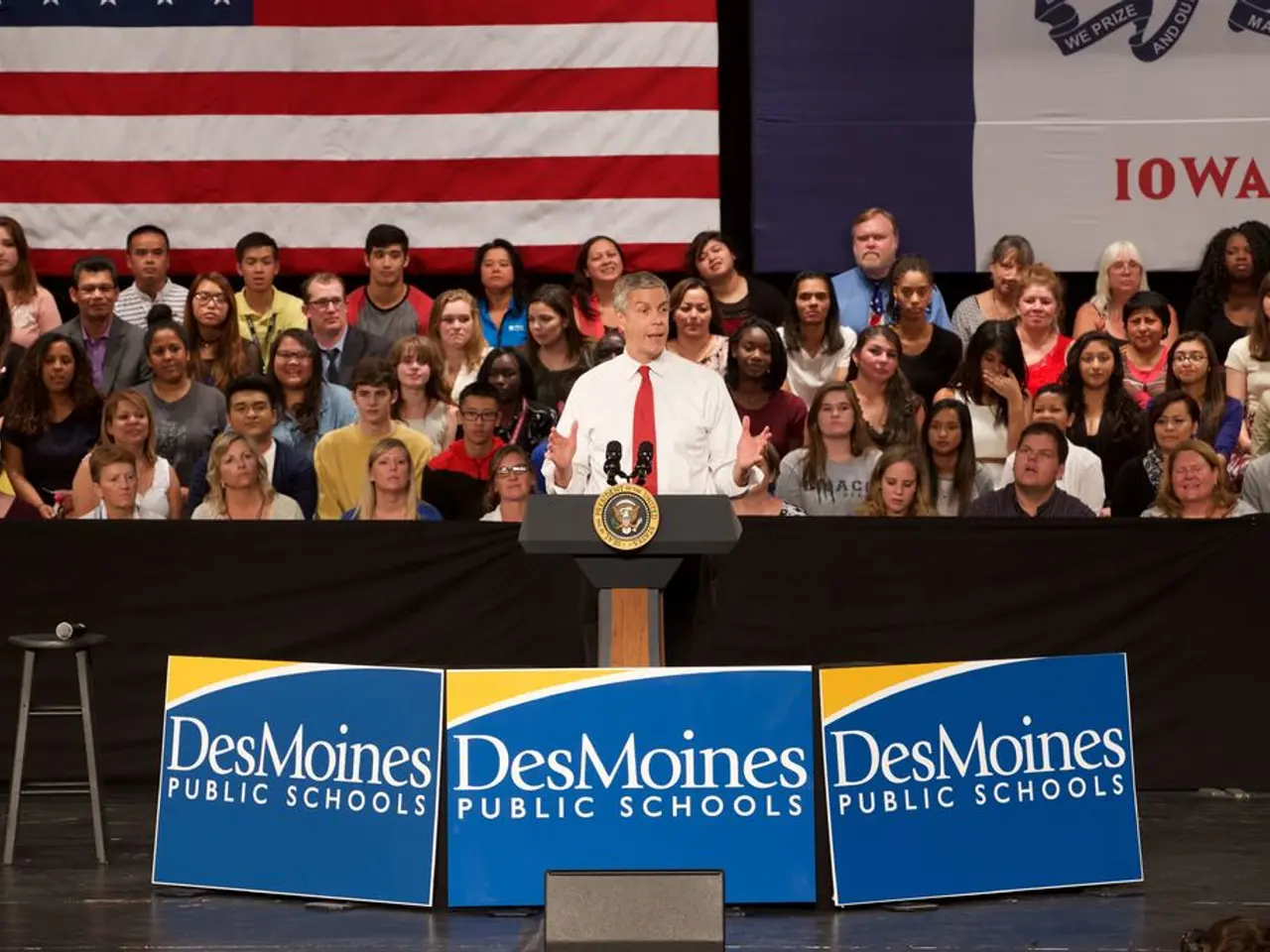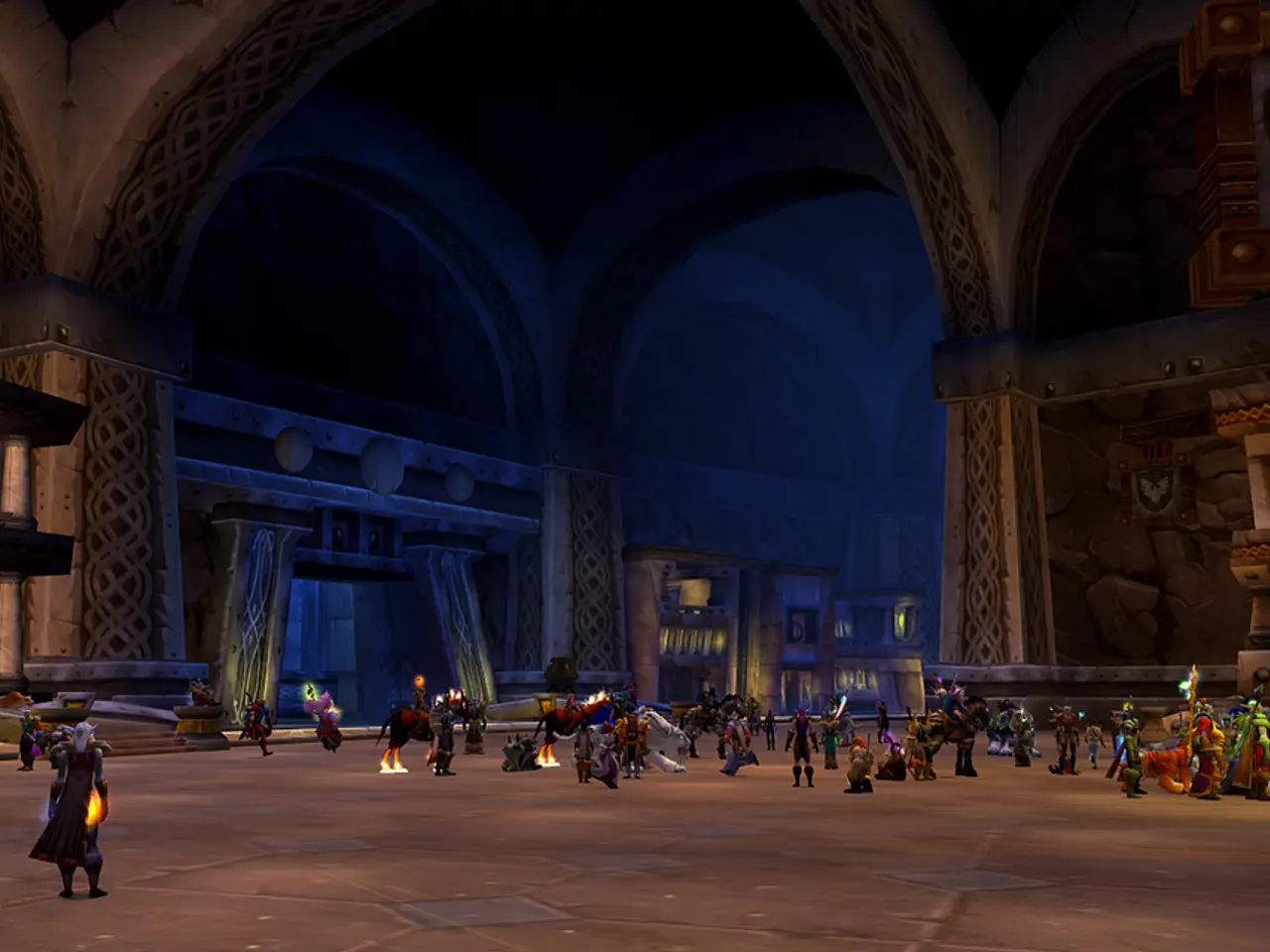Trump's diversion from Epstein's case still deserves criticism
Washington NFL Team's Name Change Met with Trump's Threat
The Washington NFL team's decision to retire the controversial "Redskins" name and logo, following decades of controversy and opposition, has met with a threat from former President Donald Trump. The term "Redskins" is a historically derogatory term against Native Americans, and its use has been widely recognized as offensive and disparaging.
Controversy Surrounding the Redskins Name
Opposition to the Redskins name began as early as the 1970s, with letters and protests urging change. Major public protests occurred in the late 1980s and early 1990s, notably after the team's successes in Super Bowl XXII (1988) and the 1992 Super Bowl. More than 80 Native American organizations officially demanded the team change its name, highlighting the term's offensiveness and the harmful stereotypes perpetuated by the mascot.
Shifting Tides and the Name Change
Despite decades of resistance by team owners, pressure mounted in 2020 amidst nationwide protests following George Floyd's killing. Major sponsors such as FedEx and Nike urged the team to drop the name. In July 2020, the Washington franchise announced a review leading to retiring the Redskins name and logo. For the 2020 and 2021 seasons, the team played as the Washington Football Team, avoiding controversial Native American imagery. Finally, in February 2022, the team adopted the new name Washington Commanders to move away from the racial slur and foster a more inclusive identity.
Trump's Threat and Implications
President Donald Trump has threatened to block a new Washington Commanders stadium deal unless the NFL team reverts to its former, racist name. The Association on American Indian Affairs called Trump's remarks a distraction from the real harm this administration continues to inflict on Native peoples. Trump's threat is not about football or sports or mascots, but about vindictiveness and a desire to distract from other issues.
Throughout his years in the national spotlight, Trump has been associated with white nationalist figures and ideas. His actions demonstrate a willingness to use racial and cultural resentment as a political weapon. Trump's threat is more than political theater, revealing his character as motivated by spite, nostalgia for bigotry, and disregard for the dignity of others.
Indigenous activists have long pleaded for sports franchises to stop reducing Native peoples to caricatures. The Washington Commanders' name change marks a significant cultural shift acknowledging the slur's harmful impact and the importance of respecting Native American communities. Trump's threat, however, serves as a reminder that there are still those who seek to perpetuate harmful stereotypes and disrespect Native peoples.
- The shift in business strategies, evident in major companies like FedEx and Nike, has become increasingly inclined towards social-media friendly, politically correct branding.
- The ongoing discourse surrounding war-and-conflicts and policy-and-legislation has taken a significant twist with the focus on Indigenous rights and representation in sports.
- The entertainment industry has witnessed an escalation in engagement with real-life issues, including controversies such as the Washington NFL team's name change.
- Although Trump's remarks about blocking the new Washington Commanders stadium deal lead to discussions within the realm of politics, they also provoke questions about crime-and-justice and the disproportionate treatment of different racial groups.
- The latest policy-and-legislation updates revolving around general-news would suggest that there is a growing emphasis on addressing historical injustices towards Native Americans and other marginalized communities.
- With Trump's recent threats, issues related to politics and social-media have taken center-stage, highlighting the significant role that public opinion and online resources play in shaping modern-day sports business decisions.







